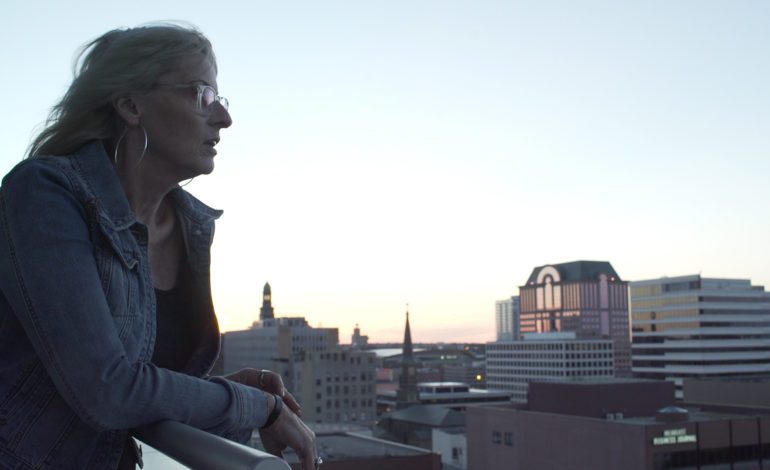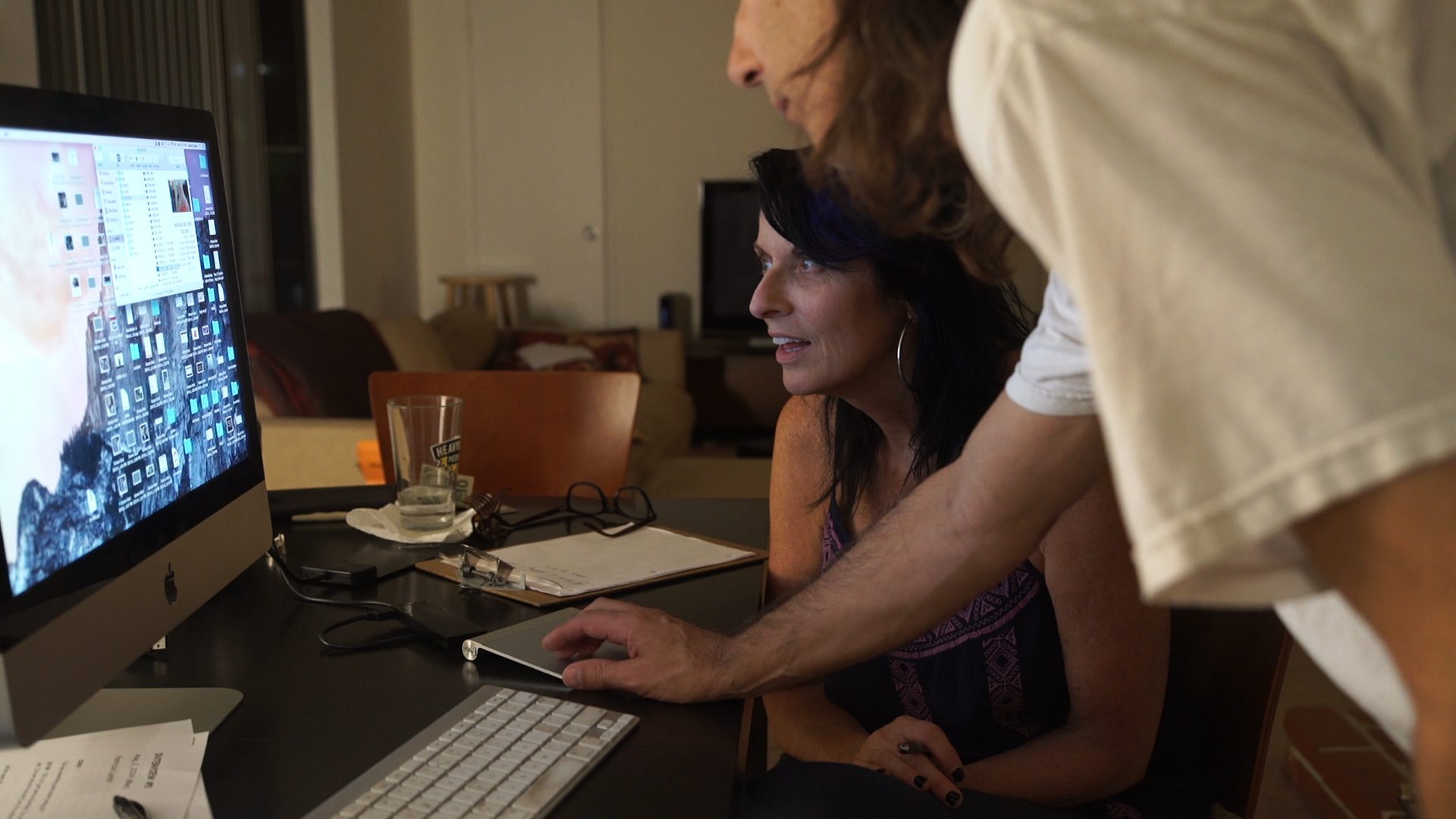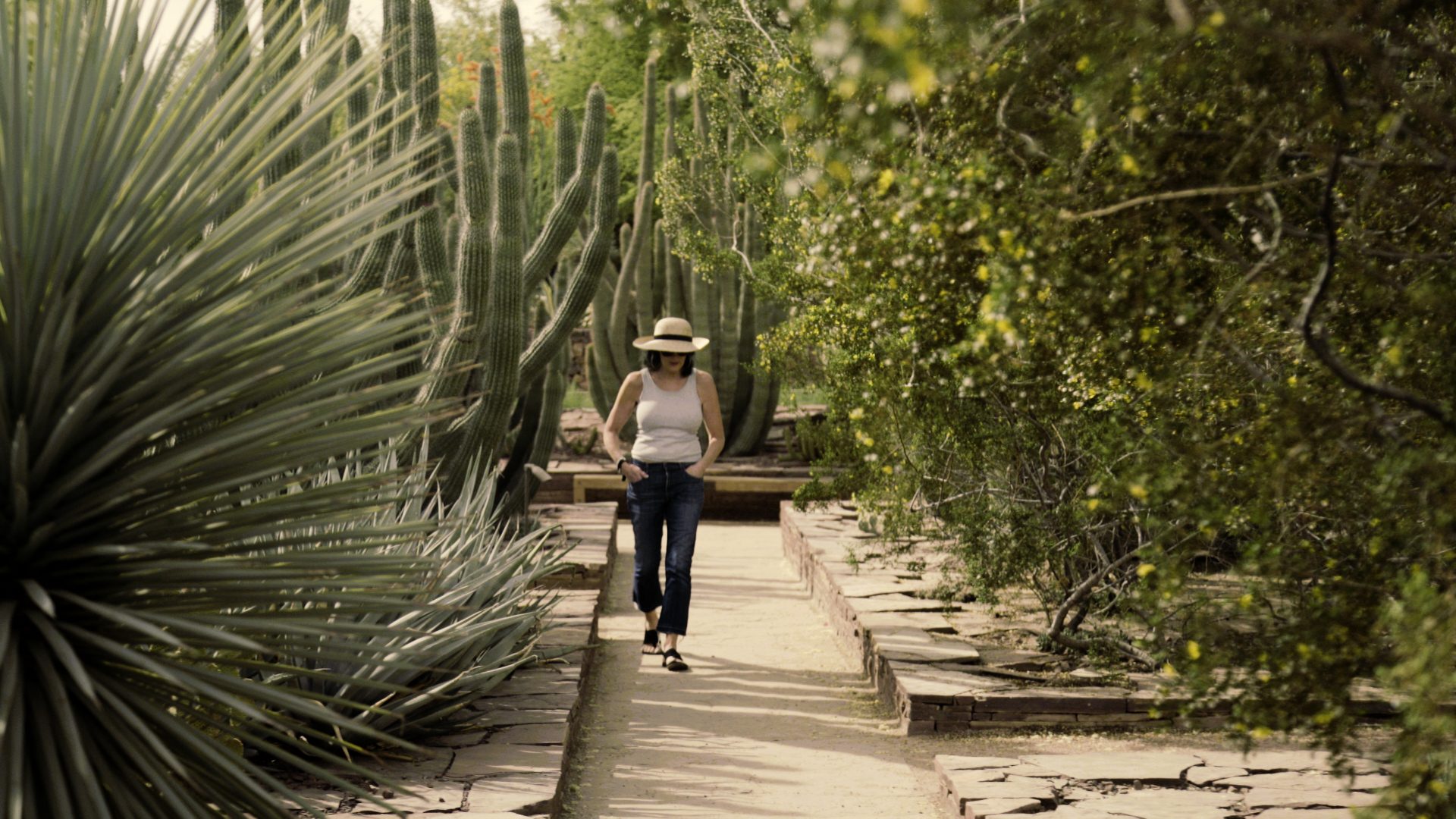

Milwaukee-native Tracey Thomas brings a documentary look through shifting narratives and a bluesy soundtrack from composer Cathy Grier. Thomas examines the feelings of loneliness, passion, and self-realization of aging in her debut film My First and Last Film. Deciding at the age of 60 to make her first and only film, Thomas offers a realistic view of those who have reached the age 60 mark. Along with her experience of her tragedy and triumph over it. During this documentary’s actual filming, disaster struck, giving a raw and reflective version of life beyond 59 and how life is uncertain.


This film starts as a documentary labeled The 60 Project, and throughout the doc, it turns into a different movie. Thomas begins by interviewing people who were either going to turn 60 or have already turned 60. It makes an exciting turn from a conventional or the most common type of documentary to actual behind-the-scene footage of Thomas and her journey of making this film, setbacks and all, and telling her own story of being 60. A significant part of the movie in its earlier making is Thomas’s reconnection with her former boyfriend Dennis Peters and the film’s cinematographer. It sets up the story for the progression of Thomas’s story.
After just a few months of filming The 60 Project, Thomas’s life was rocked when Dennis was diagnosed with ALS and soon passes away after the diagnose. The film then changes the narrative from The 60 Project to finishing the film as a tribute to Dennis and finding her passion in life. While others have found their passions about feminism or politics and such, Thomas struggled to find something for her to be passionate about until this project and finishing the film for Dennis. I found myself relating to her and feeling sympathy for her because I struggle with finding passion in life, and I am still young. I’m comforted that I will be okay at age 60 and that I’ll find something eventually that will get me excited for the next day.
My First and Last Film takes Thomas through old memories of her divorce, family, love for blues music, and the life with Dennis as she reveals the many feelings that come with loss and finding meaning in her life. The film feels like it is going at a slow pace as it introduces the interviewees that illustrates the common ground shared by those who hit the age of 60 or past it, as it shows their thoughts about growing older. As a young adult, I’ve always wondered what the older generation thought about life and their views on dying. This doc showed me that they struggle too, which hadn’t changed much from when they were young. I appreciated that Thomas didn’t stray away from the tuff questions.


I don’t know how to explain it, but I will try my hardest. The film’s composer Grier and Thomas, take extraordinary measures to set the tone for each scene change with bluesy tunes that illuminate Thomas’s path to the last scene. Music will always set the tone for the film, and with documentary films, it is not noticeable, or the filmmakers don’t make it a point to let the viewers know that the music is vital to the film or what the film is trying to say. Blues music, to me, felt like it belonged with the film and that it made the film better and give it an authentic yet raw feeling to it. The music and the story fit exceptionally well together.
I found this doc to give Tracey Thomas a very candid and emotional glimpse, and as her first and only film was the way to go. I connected with her and her story. Viewers get to see her be who she is. In just over an hour, Thomas takes audiences through a range of feelings, ideologies, and then finding herself. I enjoyed watching the movie as it focuses on chapter scenes, her progress of her forming the idea for The 60 Project to coming to grips over Dennis’s death and figuring out how to do the film without him and eventually finding peace and finally finishing the project. At times, however, the film lacks momentum and a consistent plot because there are two separate stories in this doc, and I got confused when it would switch back and forth between the two. There was no one story that I could focus on to follow along, and that hinders the doc more than it helps it. Despite these periods of confusion, the film offers a real glimpse of life at 60 that people generally, even myself at times, look the other way. There are an intimate feel and an informative or insightful look at older people who are just starting to reach that golden age. It makes Millennials and Gen Z’s who have questioned or wondered what is in their future or wondering how they view being older and if it is any different, worse, or better like I did.
Verdict: 4 out of 5 stars
Even though My First and Last Film’s main focus wasn’t entirely of people who were or about to turn 60 as I had hoped, I still enjoyed this film. I think that my generation will benefit from it and learn to appreciate their elders. Even though there are two separate stories, I did have to watch it a few times to understand that there is more to the story than 60. Age is, after all, just a number. I found just watching Thomas and her emotional journey to make it a great movie worth watching, and others should want to too. If you are at all a curious person at heart then this is the film for you, but if not watch it anyway, you might learn something important like knowing people in their 60s and older are still understanding too, they don’t have it all figured out either.
